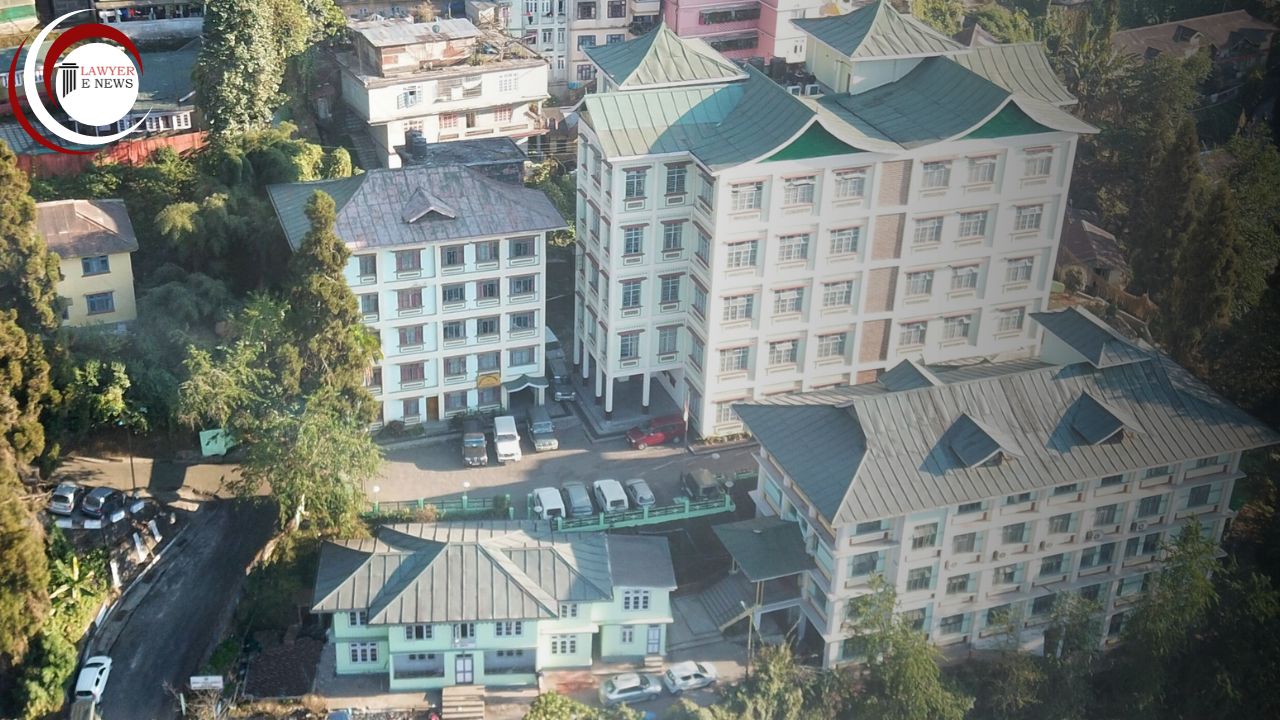-
by Admin
17 February 2026 2:34 PM



Shimla, 12th June 2023: In a significant ruling, the Himachal Pradesh High Court, comprising Hon’ble Mr. Justice Tarlok Singh Chauhan and Hon’ble Mr. Justice Virender Singh, has declared maternity leave as a fundamental right for all female employees, including those on daily wage, contractual, ad hoc, permanent, and temporary basis. The court emphasized that denying maternity leave to any category of female employees is violative of their constitutional rights and principles of social justice.
In the case of State of H.P. & Ors. Vs. Sita Devi, the court upheld the right to maternity leave under Article 21 of the Constitution of India, recognizing the significance of motherhood and the right to a dignified life for women in the workplace. The judgment stated, “Right to life under Article 21 of the Constitution of India includes the right to motherhood, and to become a mother is the most natural phenomenon in the life of a woman.”
The court referred to various international covenants and treaties, including the Universal Declaration of Human Rights and the Convention on the Elimination of all Forms of Discrimination against Women (CEDAW), to highlight India’s obligation to provide maternity benefits to working women. It noted that maternity leave is a matter of social justice and gender equality.
Furthermore, the court pointed out that the Maternity Benefit Act, 1961, applies to all female employees, irrespective of their employment status, and granting maternity leave to casual and daily wage workers is essential to ensure equal treatment for women in the workforce.
“The claim for maternity leave is founded on grounds of fair play and social justice. Women who constitute almost half of our society have to be honored and treated with dignity at places where they work to earn their livelihood,” the court remarked, reaffirming the importance of maternity leave as a fundamental human right.
The judgment has far-reaching implications and has quashed the office memorandum and circular that restricted maternity leave for certain categories of female employees. The court unequivocally stated that female employees, regardless of their employment status, are entitled to maternity leave at par with regular employees.
This landmark judgment sets a precedent for other courts in the country and reinforces the protection of women’s rights, dignity, and health during pregnancy. It reiterates the obligation of the State to ensure just and humane conditions of work and maternity relief for all female employees.
The ruling has been hailed by women’s rights advocates and is being seen as a significant step towards gender equality and women empowerment in the workforce.
Date of Decision: 25 July, 2023
State of H.P. & Ors. vs Sita Devi
